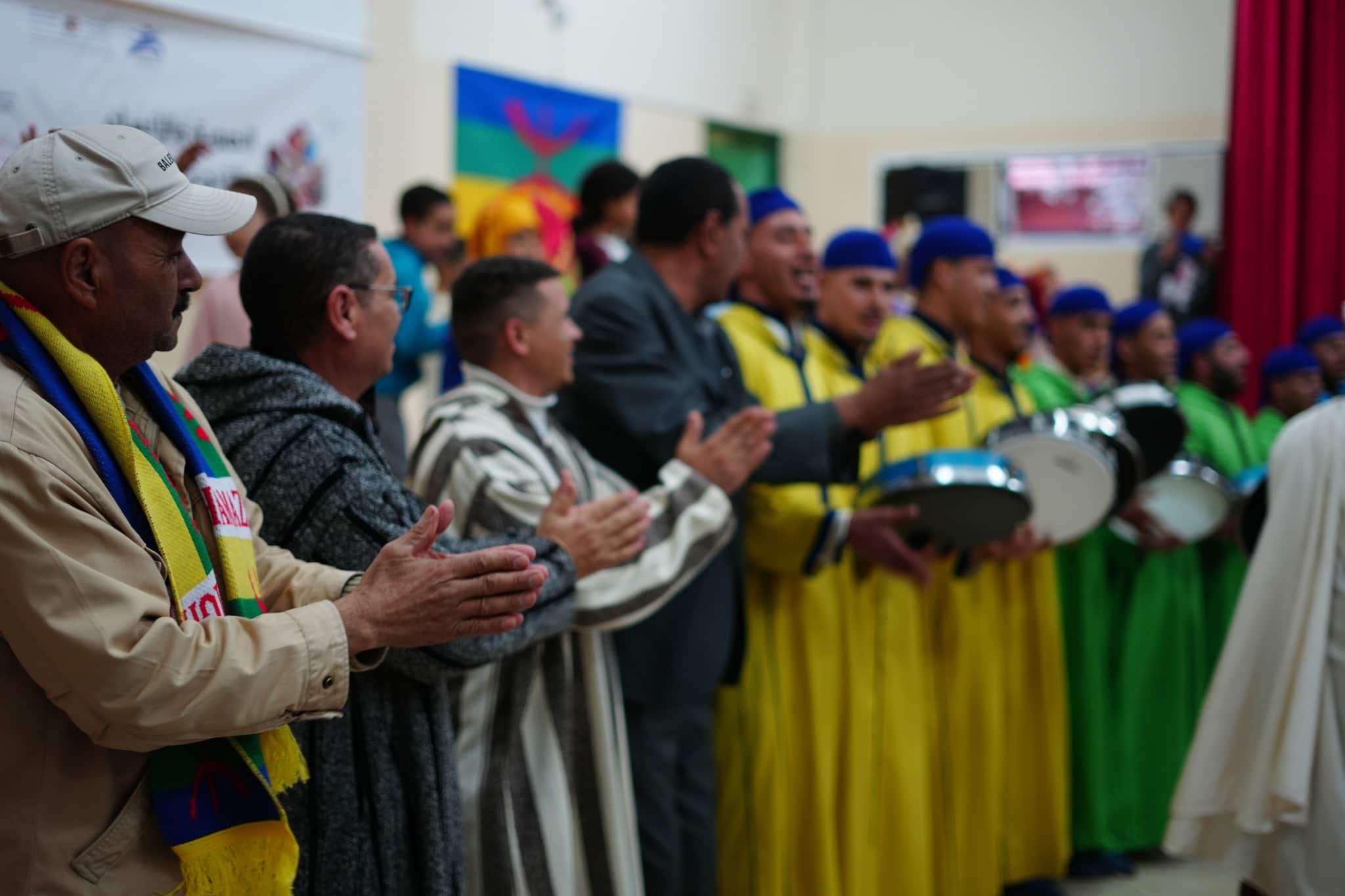Table of Contents
Regional Meeting Presents Findings on Green Entrepreneurship Ecosystem
The Faculty of Economics and Management (FEG) in Beni Mellal hosted an important regional meeting on Tuesday, February 11, 2025, to present the results of a comprehensive field research on green entrepreneurship in the Béni Mellal-Khénifra region. The meeting showcased the key findings of the participatory research initiated by AIDECA in October last year, which engaged a diverse range of territorial stakeholders, associations, cooperatives, and businesses.
Comprehensive Mapping of the Green Entrepreneurship Ecosystem
The research aimed to conduct an in-depth diagnosis and establish a detailed map of the green entrepreneurship ecosystem in the region. This comprehensive mapping exercise was designed with several key objectives:
- Identifying promising sub-sectors within the green economy
- Assessing current sectoral policies and their effectiveness
- Proposing concrete actions to integrate aspiring green entrepreneurs into existing value chains in the region
- Determining capacity and skills development needs among actors and micro-enterprises, with a particular focus on youth and women
Key Research Findings
The research findings provided valuable insights into the current state of green entrepreneurship in the region:
Promising Green Sub-Sectors
The study identified several high-potential green sub-sectors specific to the Béni Mellal-Khénifra region:
- Renewable energy, especially solar installations for agricultural applications
- Water conservation and management technologies
- Sustainable agriculture and organic farming
- Eco-tourism leveraging the region’s natural assets
- Waste management and recycling initiatives
Policy Analysis
The research evaluated existing sectoral policies, highlighting both strengths and gaps:
- Strong national policy frameworks but insufficient localization at the regional level
- Limited coordination between different sectoral strategies
- Opportunities for better alignment with national climate and sustainability commitments
- Need for simplified regulatory processes for green startups
Recommendations for Integration
The study proposed practical actions to facilitate the integration of aspiring green entrepreneurs:
- Creating specific incubation programs focused on green business models
- Developing mentorship networks connecting established businesses with new entrepreneurs
- Establishing green business clusters to strengthen value chain connections
- Streamlining access to financing for green initiatives
Capacity Development Needs
The research identified critical skills gaps that need addressing:
- Technical knowledge related to green technologies and processes
- Business management skills specifically tailored to green business models
- Access to market information and distribution channels
- Digital skills for optimizing operations and reaching customers
Multi-Stakeholder Participation
Participants at the meeting included professors, staff, and research students from Sultan Moulay Slimane University, representatives from the Regional Directorate of Handicrafts, the National Office of Agricultural Council (ONCA), the Regional Directorate of Environment, the Tourism Directorate, cooperatives, associations, small entrepreneurs, and local elected officials. The Office for Cooperative Development (ODCO) was also present, highlighting its commitment to supporting and promoting the social and solidarity economy.
About the ASSURIF Project
This research was conducted as part of the ASSURIF project, funded by Manos Unidas, which aims to strengthen the social and economic empowerment of women and youth in the provinces of Béni Mellal, Azilal, and Fquih Ben Salah. The project implements a support, personalized monitoring, and co-financing mechanism for vulnerable women and youth to create income-generating activities and small businesses. Additionally, ASSURIF II aims to contribute to the sustainability of already established cooperatives by strengthening their capacities and effectiveness.
Next Steps
Following the presentation of these research findings, AIDECA will collaborate with regional stakeholders to implement key recommendations through targeted programs and initiatives. These will include training workshops, mentorship opportunities, and support mechanisms designed to foster the growth of green entrepreneurship in the region, with a special focus on creating opportunities for women and youth.
The knowledge generated through this comprehensive mapping exercise will inform policy advocacy efforts and guide the development of support programs that respond directly to the identified needs and opportunities within the regional green entrepreneurship ecosystem.
